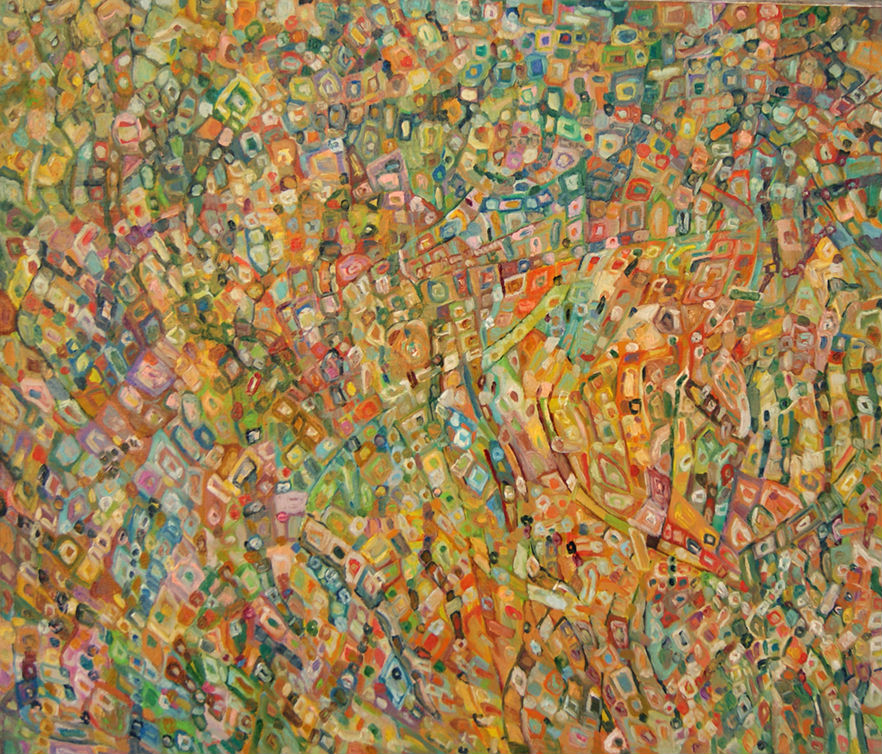CARSON GRUBAUGH
CARSON GRUBAUGH
Oksana Cherkas
http://www.inp.bsu.by/home/cherkas-o/
born 1965, Minsk, Belarus.
1989 graduated from the Belarus State Pedagogical University, specialization: Russian language and literature.
Fine Art education:
studio by V.K.Gomonov and V.K. Tsvirko
Solo Exhibitions:
1997 --- Minsk, exhibition hall of the National Library of Belarus.
1998 --- Minsk, hall of the cinema "Oktouber."
2000 --- Vitebsk, hall of the Ya. Kolas Academic Dramatic Theatre.
2002 --- Minsk, Gallery of Modern Art.
Statement:
Peering into a mirror: you know yourself, but you never know what you namely will see there. Continuation of yourself in the World, or the World in yourself. The mirror can be a distorting one. A distortion is possible, a distortion beyond recognition. What we see in a mirror, can be not very similar to that we see in reality, but actually it is an expression of some internal essence. It is very difficult to capture this essence. It seems strange, but it is perceived only by the distortion. Actually it is not distortion, but only forms for this essence.
How it is possible to explain, for example, a touch in a cinema? It is not simply a contact of the actors on a screen, but rather reproducing of feelings which occur during the touch by views, movement of bodies, expressions of faces. In cinematograph Music can help with this.
And how does, for example, represent an intricacy of thoughts or senses?
Something always happens with us. The fastest image of what has been occurred is an abstraction. Externally we are looking the same, but internally already something has been changed. The abstraction is a cursive writing - it shows most quickly what is happened with us.
One more sense is, probably, an approaching to the Creator.
When God created the World, he didn't know what the World would be like, what exists now and which we see it. In abstraction, trying to operate with forms and colors, we come closer to the Creator. One may think what priests could say about this, but priests usually don't look abstract painting. At least, it doesn't contradict the Bible. It can contradict views of some separate faith, but not Bibles. In the beginning there was a Word but what was before the Word?
